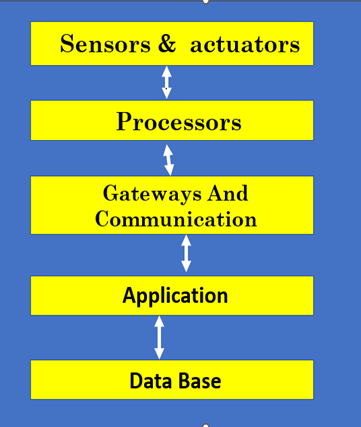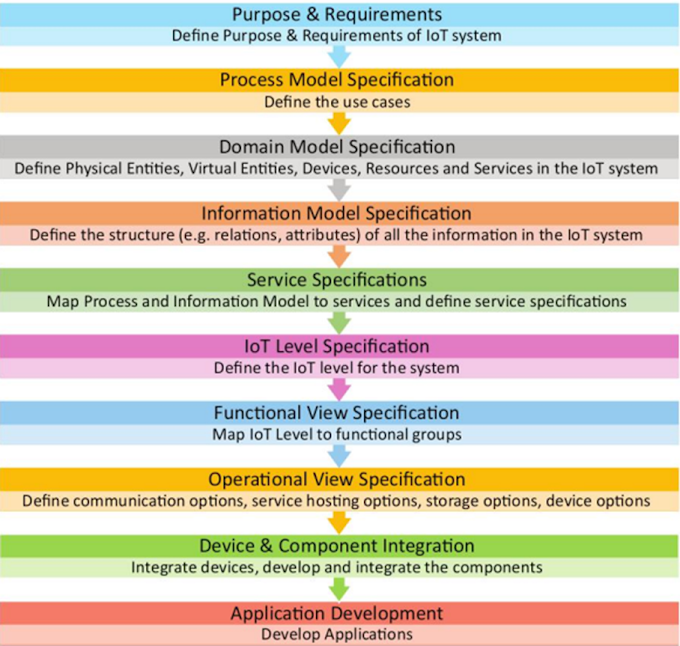PRIVATE CLOUD
A private cloud is a type of cloud computing environment that is dedicated to a single organization, whether it's hosted on-premises or by a third-party provider.
Features of a
private cloud:
1. Dedicated
Infrastructure:
A private cloud
typically runs on dedicated hardware, including servers, storage, and
networking equipment, ensuring that resources are solely allocated to the
organization's use. provides greater performance,
reliability, and security compared to shared environments.
2. Isolation and Privacy:
Ensures that the organization's
data and workloads are not accessible to other entities. This isolation
enhances privacy and security, making private clouds suitable for organizations
with strict compliance requirements or sensitive data.
3. Customization and Control:
Private clouds offer greater customization and control over infrastructure configurations, security policies, and management practices compared to public clouds.
4. Scalability:
Private clouds can
be designed to scale resources vertically or horizontally to accommodate
changing workload demands. Organizations can add or remove hardware resources,
allocate additional virtual machines (VMs), or adjust storage capacity as
needed without relying on external providers.
5. Security and Compliance:
This level
of control enables organizations to enforce stringent security policies and
comply with industry regulations and data protection standards.
6. Performance:
Private clouds often provide better performance and lower latency compared to public clouds since resources are dedicated and not shared with other organizations.
7. Cost Considerations:
While private clouds offer greater control and security, they can also require significant upfront investment in infrastructure, maintenance, and management.
8. Hybrid Integration:
Private clouds can be integrated with public clouds to create hybrid cloud environments, enabling organizations to leverage the benefits of both deployment models.
9. Security and Control:
you have more control over data privacy, access permissions, and security
configurations.
--------------------------------------------------------------------------------------
ADVANTAGES OF
PRIVATE CLOUD.
Private clouds
offer several advantages that make them a preferred choice for organizations
with specific needs and requirements:
1. Enhanced Security and Privacy:
One of the primary advantages of a private cloud is the enhanced security and privacy it provides. With dedicated infrastructure and isolation from other organizations.
2. Customization and Control:
Private clouds allow organizations to customize and control every aspect of their cloud environment, including infrastructure configurations, network settings, security policies, and resource allocation.
3. Predictable
Performance:
Since resources in a private cloud are dedicated to a single organization, organizations can expect consistent and predictable performance for their applications and workloads.
4. Compliance and
Regulatory Requirements:
Private clouds are well-suited for organizations with strict compliance requirements, such as those in regulated industries like healthcare, finance, or government.
5. Scalability and
Flexibility:
While private clouds may not offer the same level of scalability as public clouds, they still provide scalability and flexibility to accommodate changing workload demands.
6. High Availability and Reliability:
Private clouds can be designed with redundancy and failover mechanisms to ensure the high availability and reliability of services.
7. Cost Control:
Although private clouds may require a higher upfront investment in infrastructure and maintenance compared to public clouds, they offer long-term cost control and predictable cost management.
--------------------------------------------------------------------------------
DRAWBACKS OF
PRIVATE CLOUD.
While private
clouds offer numerous benefits, they also have certain drawbacks and challenges
that organizations should consider:
1. High Initial Investment:
Setting up a private cloud infrastructure requires a significant upfront investment in hardware, software, and skilled personnel.
2. Ongoing
Maintenance and Management:
Operating a private cloud infrastructure requires ongoing maintenance, monitoring, and management to ensure optimal performance, security, and availability.
3. Limited
Scalability:
Unlike public clouds, which offer virtually unlimited scalability on demand, private clouds have limited scalability based on the capacity of the underlying hardware infrastructure.
4. Complexity and
Complexity:
Building and managing a private cloud infrastructure involves dealing with complex technologies, integration challenges, and interoperability issues.
5. Reduced
Flexibility:
Private clouds may offer less flexibility compared to public clouds in terms of resource provisioning, service offerings, and geographic reach.
6. Potential Underutilization:
Private clouds may suffer from underutilization of resources, especially if they are provisioned for peak workloads or anticipated growth that does not materialize.
7. Single Point of Failure:
Despite implementing redundancy and failover mechanisms, private clouds are susceptible to single points of failure, such as hardware failures, network outages, or power disruptions.
8. Lack of Elasticity:
Private clouds may lack the elasticity and agility of public clouds to rapidly scale resources up or down in response to fluctuating demand.
---------------------------------------------------------------------------------------------
USE OF PRIVATE
CLOUD.
Private clouds are
utilized by organizations across various industries for a wide range of
purposes.
Some common uses of
private clouds:
1. Sensitive Data Handling:
Organizations that deal with sensitive or confidential data, such as financial institutions, healthcare providers, and government agencies, often use private clouds to maintain full control over data security and compliance.
2. Regulatory
Compliance:
Industries that are subject to strict regulatory requirements, such as healthcare (HIPAA), finance (PCI DSS), and government (FISMA), leverage private clouds to ensure compliance with industry regulations and data protection laws.
3.
Mission-Critical Applications:
Private clouds are suitable for hosting mission-critical applications and workloads that require high availability, reliability, and performance.
4. Customized Workloads:
Organizations with specialized workload requirements, such as scientific computing, engineering simulations, and data analytics, benefit from the customization and control offered by private clouds.
5. Legacy Applications:
Enterprises with legacy applications or legacy IT environments that are not easily migratable to the public cloud may opt for private clouds to modernize and virtualize their infrastructure gradually.
6. Hybrid Cloud Integration:
Private clouds serve as a foundation for hybrid cloud environments, where organizations integrate their on-premises infrastructure with public cloud services.
7. DevOps and Test Environments:
Development and test environments often require dedicated resources and isolation from production systems to facilitate rapid prototyping, testing, and deployment of applications.
8.
High-Performance Computing (HPC):
Industries such as research institutions, academia, and engineering firms leverage private clouds for high-performance computing (HPC) tasks that demand massive computational power and parallel processing capabilities.
-------------------------------------------------------------------------------------------------



0 Comments